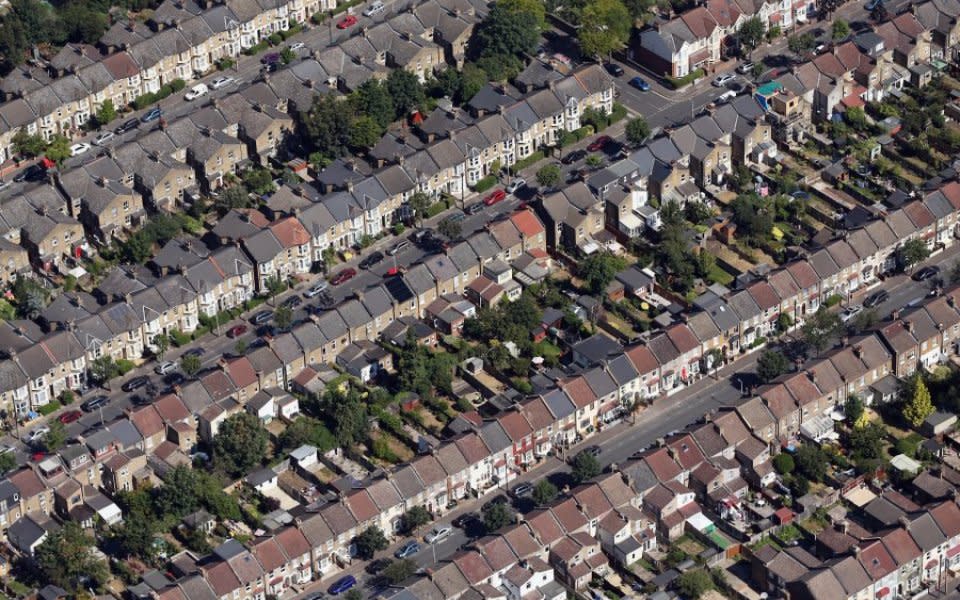Build, baby, build: Want to solve the housing crisis? Forget town planners at your peril

The ongoing election season has brought attention to a major issue that all parties seem to agree on – the need to build more homes and help a generation get onto the property ladder. But the feasibility of these pledges, their impact on existing communities, and the national benefits hinge on one key factor: the planning system.
Earlier this year, we commissioned economic experts Public First to assess the potential contribution of proper resourcing to planning in the UK economy. We wanted to understand what we might lose if we address the housing crisis without a well-equipped local planning department that works for the community’s benefit.
The results of Public First’s research were fascinating: they revealed that by increasing housing development without investing in planning, the UK could miss out on over £70bn in additional value over 10 years. The study also showed that by taking a proactive, planned approach to development – through development corporations or other positive methods – could result in building 150 per cent more homes.
You may have noticed that planning has been a constant feature of political debate in recent years, with politicians calling for radical changes to ‘streamline’ or ‘bulldoze’ the system.
It’s a concerning narrative, and, if we want to see these economic benefits, it will need to change. Historically, we’ve seen a lack of town planning lead to unplanned city expansion, low-density housing, single-use zoning, and an overreliance on cars. These types of developments come with increased energy use, pollution, congestion, longer travel times and a decline in community cohesiveness.
We need a well-resourced planning system that can consider the broader placement of these homes and avoid straining local infrastructure.
Instead, we believe the system doesn’t need to be torn down, but unleashed, to help build developments that serve their new residents while benefiting current ones. That way we can create sufficient public transport and green space, connecting residents with parks, GPs and a thriving high street, rather than scattered developments that only serve the need to meet targets.
To achieve this goal, we need a well-resourced planning system that can consider the broader placement of these homes and avoid straining local infrastructure.
We already know what strain planning is under. We reported last year that public sector planning is in a dire state, with a 16 per cent reduction in public spending on planning since 2009. Planners are overworked and understaffed as a result. Our research found that a quarter of planners left the public sector between 2013 and 2020.
By continuing to underinvest in planning, home buyers miss the opportunity for well-planned homes that benefit from a “planning premium” by being located in a desirable and productive area. This includes good mixed-use development, proximity to shops, walkable and internally connected places, denser and visually appealing environments, and access to public parks.
Delivering these homes without the characteristics of well-planned places would generate less economic growth, where residents struggle to interact with and stimulate their local economy.
The British public votes with their wallets and they value well-planned places where they are happy and healthy. If we are going to rapidly accelerate house building, we need to ensure that our planning system is sufficiently resourced. Only then can we provide value for money and quality of life to communities, while also driving up productivity in a way that the country so desperately needs.

 Yahoo Finance
Yahoo Finance 